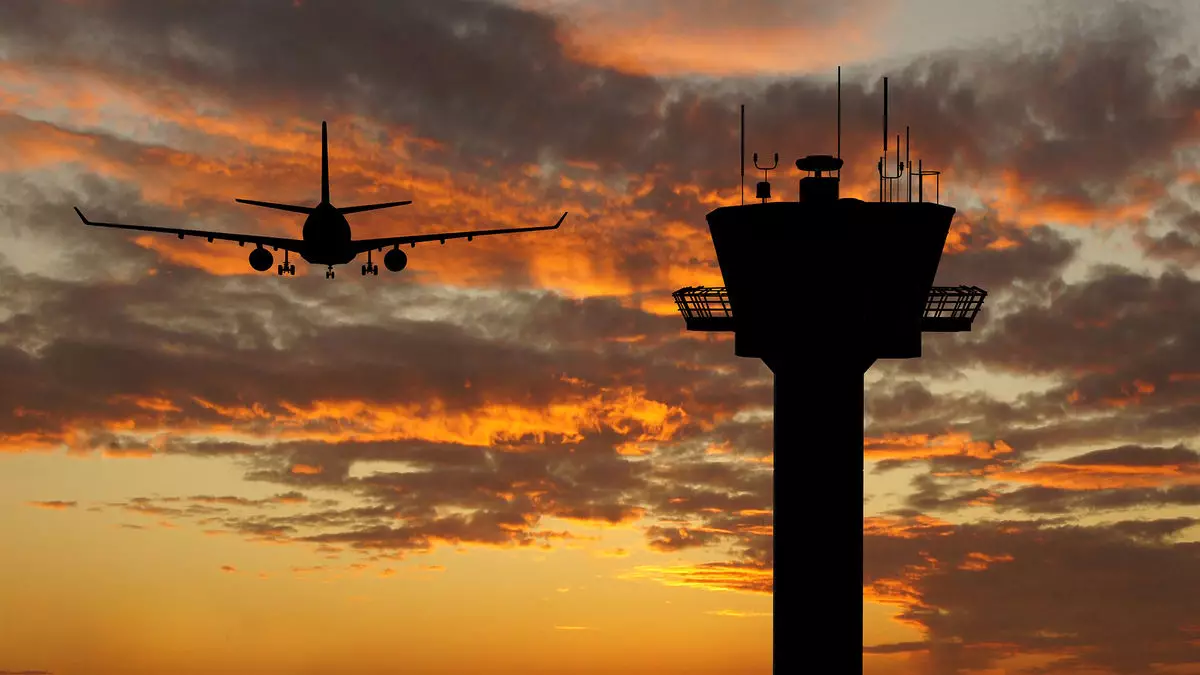The state of competition within the U.S. airline industry has become increasingly contentious, particularly in light of a recently announced public inquiry by the U.S. Department of Justice (DOJ) and the Department of Transportation (DOT). This multifaceted issue has spurred diverse opinions from leading organizations such as the American Society of Travel Advisors (ASTA) and the U.S. Travel Association. A deep examination of their contrasting viewpoints underscores the complexities surrounding the competitive landscape of air travel in the United States.
ASTA’s response to the DOJ and DOT’s inquiry has been markedly positive, framing it as an essential opportunity for travel advisors to express concerns over dwindling competition in the airline sector. The organization emphasizes that airline consolidation, particularly following the deregulation of 1978, has led to fewer options and higher fares for consumers. According to ASTA, the consequences of such consolidation have been significant, impacting not only the travel advisors who sell a substantial number of airline tickets but also the consumers who rely on those advisors for independent guidance.
The organization’s critique of dominant airlines, particularly in their hub operations, indicates a strong belief that reform is necessary to restore competitive balance. ASTA’s recent complaint against American Airlines illustrates a broader concern over monopolistic tendencies that stifle competition. By advocating for a reassignment of airport slots to enhance competition at key hubs, ASTA positions itself as a champion for consumer choice and overall satisfaction in the air travel experience.
Moreover, ASTA’s stance reflects a growing unease among travel advisors regarding the implications of airline mergers. The perspective that advisors have transitioned from partners to consumers of aviation services paints a vivid picture of the shifting dynamics in the industry. According to ASTA, the resultant effects are not just limited to economic implications but extend to how travel advisors can effectively serve their clients amidst a marketplace with diminished choices.
In stark contrast, the U.S. Travel Association has criticized the DOJ and DOT inquiry, labeling it as yet another instance of political maneuvering rather than an earnest effort to improve air travel. Citing the current low airfare rates and soaring levels of consumer demand, the organization argues that the focus should be directed toward essential infrastructure improvements rather than scrutinizing airline practices. They stress that addressing the pressing shortage of air traffic controllers and investing in new technologies should take precedence over regulatory inquiries perceived as politically motivated—especially considering the inquiry’s timing just prior to national elections.
This criticism reflects a broader frustration within the travel industry, suggesting that political agendas may overshadow the genuine concerns of travelers. U.S. Travel’s statements point to a belief that the administration’s approach could exacerbate existing issues rather than facilitate meaningful improvements.
Furthermore, the assertion by Airlines for America that the inquiry seems politically timed further emphasizes the skepticism surrounding the government’s intentions. Their reflection on past dialogues about airline competition signals that the concerns raised by industry bodies are not new and are seemingly being treated with a political lens rather than a focus on pragmatic solutions.
Despite the differences in their positions, both ASTA and the U.S. Travel Association recognize the challenges facing the airline industry. While ASTA calls for more substantial actions to increase competition and consumer choice, the U.S. Travel Association advocates for addressing operational and structural inefficiencies within the industry. The discourse around airline competition is emblematic of broader themes, including the tension between regulation and market freedom, which has evolved significantly over the last few decades.
As the public inquiry unfolds, it will be paramount for both organizations, along with other stakeholders, to engage in constructive dialogue. The need for collaboration in addressing systemic challenges—while also understanding the distinct roles that each party plays—can pave the way for a more balanced and effective approach to ensuring a better air travel experience for American consumers.
The contrasting perspectives of ASTA and the U.S. Travel Association on the DOJ and DOT inquiry highlight the complexity of the issues at hand, with implications for airlines, travel advisors, and consumers alike. The ongoing discussions underscore the necessity for a thorough examination of competitive practices in a sector that plays a crucial role in connecting people and promoting economic activity across the nation.

